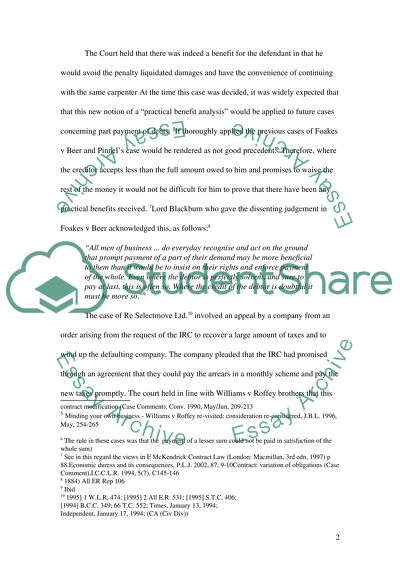Cite this document
(“Contract Modification Case Study Example | Topics and Well Written Essays - 1500 words”, n.d.)
Retrieved from https://studentshare.org/law/1514051-contract-modification
Retrieved from https://studentshare.org/law/1514051-contract-modification
(Contract Modification Case Study Example | Topics and Well Written Essays - 1500 Words)
https://studentshare.org/law/1514051-contract-modification.
https://studentshare.org/law/1514051-contract-modification.
“Contract Modification Case Study Example | Topics and Well Written Essays - 1500 Words”, n.d. https://studentshare.org/law/1514051-contract-modification.


